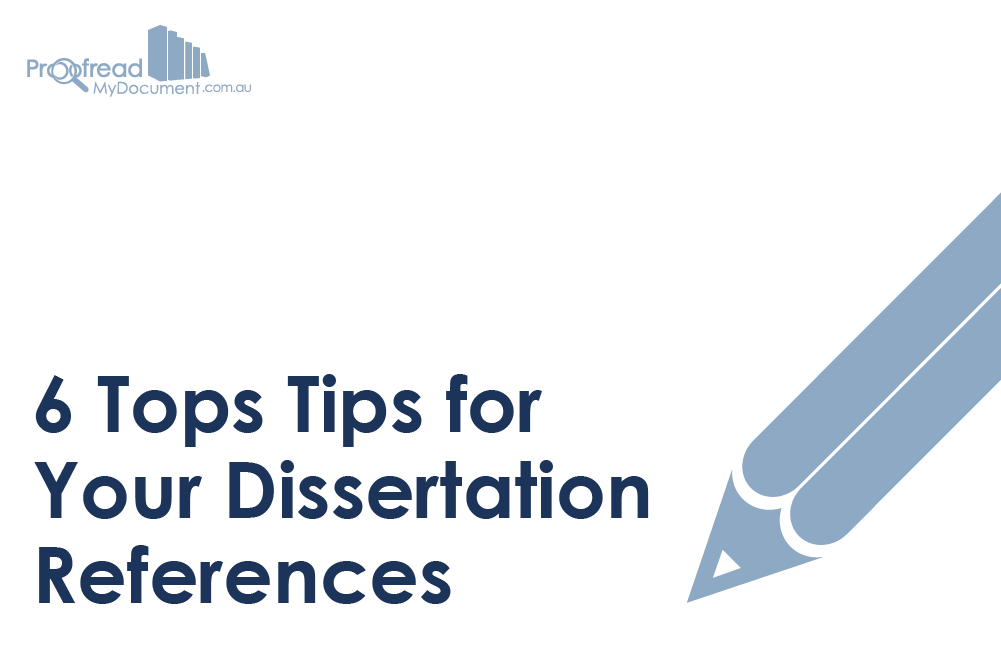While most students know referencing is an important part of academic writing, citations remain something with which many struggle. Yet it’s worth making the extra effort with your dissertation references, since citing sources correctly:
- Shows you’ve engaged with existing research
- Strengthens your arguments
- Demonstrates essential academic skills
- Helps the reader identify key texts in your dissertation
All of which can earn you extra marks, as well as improving the overall quality of your work. But how exactly do you make sure your dissertation references are perfect?
1. Check Your Style Guide!
We can’t emphasise this one enough. There are several referencing styles out there and universities will often have their own ‘in-house’ versions of familiar systems.
As such, the exact details of how to reference sources will depend on where and what you’re studying, making it essential to check your style guide or talk to your supervisor before starting your dissertation.
2. Quality Counts
Students sometimes worry their dissertation doesn’t include ‘enough’ citations, but quality is far more important than quantity when it comes to referencing.
Quotations and citations should be used primarily to provide evidence or attribute an idea to a particular thinker (thereby avoiding plagiarism). If it isn’t clear why you’ve referenced something, your reader may assume you’ve misunderstood the source being cited.
3. Use Quotation Marks
Another basic but important consideration is using inverted commas when quoting a source. Keep in mind too that most referencing systems require you to cite page numbers for the relevant passage when quoting a source.
Find this useful?
Subscribe to our newsletter and get writing tips from our editors straight to your inbox.
4. Compile Your Reference List On-the-Go
A good tip when writing a dissertation is to create a ‘Reference List’ document the moment you begin your research and note down the details of every source you consult.
This ensures you have all the bibliographic details required when you compile your final reference list, as well as making it easier to double-check sources during the writing process.
5. Be Clear and Consistent
Regardless of the system you’re using, the two most important factors in referencing are clarity and consistency. As long as you apply a clear and consistent referencing format throughout your dissertation, your reader should be able to identify the sources cited.
6. Proofread Your Reference List!
Since a dissertation usually contains numerous sources of different kinds, it’s especially important to double-check your reference list once you’ve finished writing.
Even a few missing details can cause confusion, so it pays to be careful. And you should make sure your sources are listed in the correct order (usually alphabetically by author surname). This will make your reference list much easier to follow.
